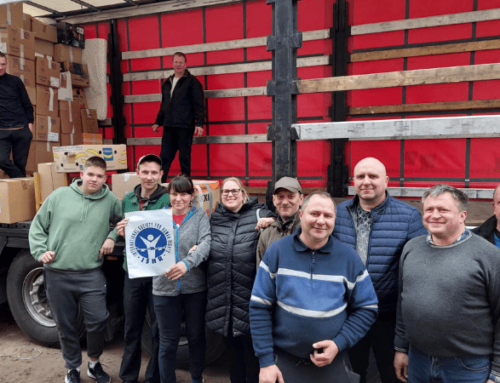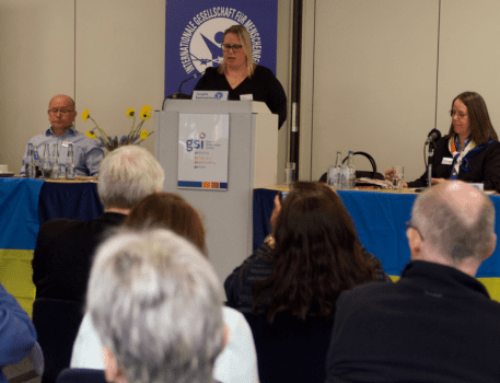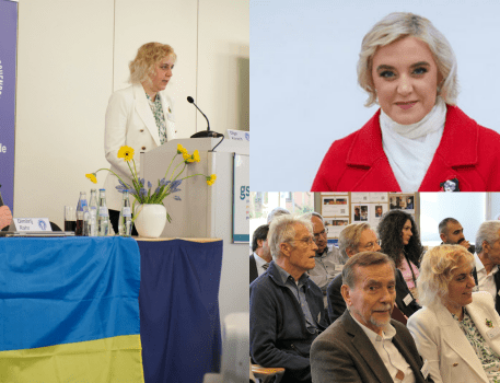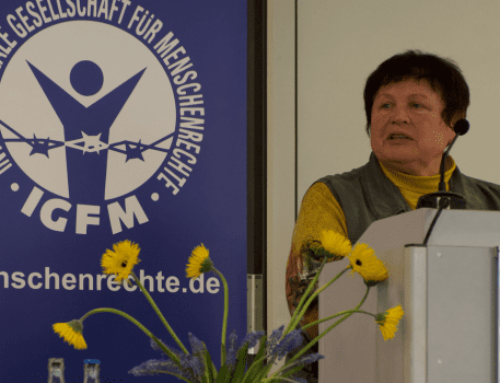Monitoring of the trial of A. Schegolev

On October 10, another trial was held on the case of former head of the Main Directorate of the Security Service (SBU) in Kiev and the Kiev region Alexander Schegolev, who is accused of leading the anti-terrorist operation headquarters against the supporters of the Maidan (winter 2013-2014). Experts of the International Society for Human Rights have begun monitoring this litigation.
The charge. General Schegolev is accused of organizing assaults on buildings and squares controlled by Maidan activists in the center of Kiev, which led to numerous casualties among protesters and security officials. According to the accusation, A. Schegolev supervised the actions of the Security Service special units, police officers and internal troops of the Ministry of Internal Affairs, exceeded his official powers with the aim of illegally impeding holding rallies, and committing intentional murders.
The defendant does not admit his guilt, according to General Schegolev, he did not have the opportunity to lead the Interior Ministry and internal troops, as these units were not part of the SBU department. In addition, as a military man, he cannot be prosecuted under the articles provided for punishing unlawful acts of civilians (such as Article 340 of the Criminal Code of Ukraine – an illegal impediment to holding rallies).
Terms of litigation. A. Schegolev has been in jail for more than two years (since August 2015), out of this period court proceedings account for less than a year. After the arrest, the accused initially expected transfer of the case to the court (until February 2016), and then the completion of the indictment (the court repeatedly returned the indictment to the prosecutor) which practically took the entire year 2016 (until December 2016). As a result, most of the time spent in custody, General Schegolev was waiting for the start of the trial. This situation goes beyond compliance with the principle of conducting a trial within a reasonable time. In A. Shchegolev’s case, the “trial”, in the context in question, should be interpreted as the entire range of actions aimed at issuing an acquittal or conviction from the moment of the suspect’s arrest and until the final judicial ruling.
The course of the court hearing. At the trial on October 10, 2017 (as well as at most previous trials) A. Schegolev was not personally present in the courtroom. Because earlier in February 2016 both he and his lawyer had been attacked in the courtroom (were sluiced over with brilliant green). To protect the accused, the court decided to continue his participation in the process in the videoconference mode (from the Pre-trial Detention Centre). Thus, protection of the accused is being done via curtailing his procedural rights (General Schegolev cannot communicate with his defenders during the trial and, in fact, is not a full-fledged participant in the process). It is worth noting that in another case, of the SBU General V. Bik (whose monitoring is also being carried out by the ISHR experts), there is a court ruling allowing the accused to be present together with defenders during the court session, i.e. unlike his colleague, not only A. Schegolev did not get any opportunity to be present during the trial together with his defenders, but also he was deprived of the opportunity to physically attend the trial. It remains unclear why the court cannot ensure safety of the accused without limiting his procedural rights?
During the trial, representatives of public who were present in the courtroom repeatedly shouted insults addressed to lawyers of A. Schegolev, calling them “separatists”, “agents of Putin”, etc. while the court did not react to such actions of those present until the defenders addressed the court with a request to influence the activists. Such a behavior can be regarded as exercising pressure on defense, the lawyers exercise their legitimate powers to represent the interests of the accused in a lawsuit. They are not his “accomplices”, abettors etc., and must not be identified with their client (Article 23 of the Law “On the Bar and Advocacy”).
Next hearing will be held on November 13. Experts of the International Society for Human Rights will continue monitoring and clarifying the details of this trial.
Expert Council of the ISHR








Leave A Comment